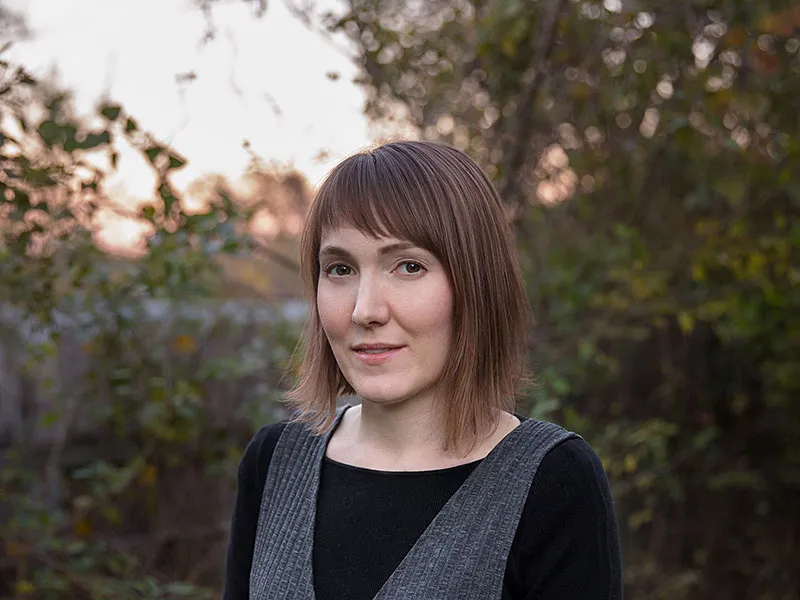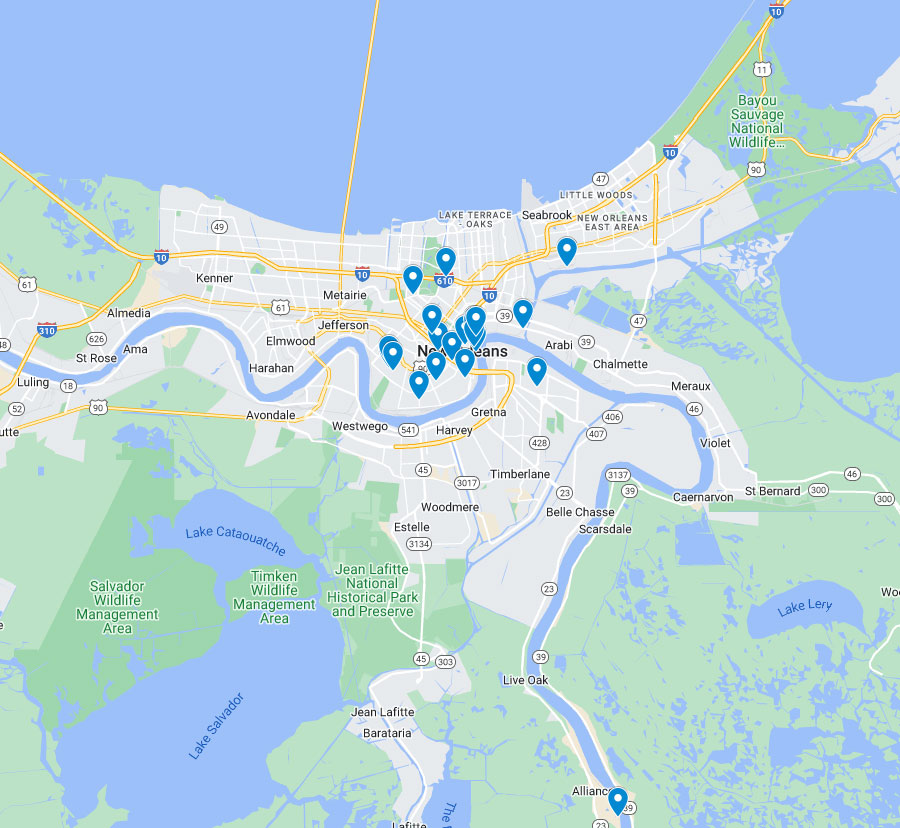
Biography
AnnieLaurie Erickson is a visual artist and educator currently serving as the head of photography and an associate professor in the Newcomb Art Department of Tulane University. Her work engages with experimental lens-based processes in relation to social and environmental research topics. She is an active collective member at Antenna and has been awarded residencies from Yaddo, A Studio in the Woods, and the Joan Mitchell Center. Erickson’s work has been exhibited widely in the US and abroad, including: Elizabeth Foundation for the Arts, NYC; Goethe-Institut, Washington, DC; Photographic Center Northwest, Seattle, WA; Boston Center for the Arts; and CentrePasquArt, Bienne, Switzerland. She received her MFA from the School of the Art Institute of Chicago and her BFA from the Rhode Island School of Design.
Research
The Monroe Fellowship supports the advancement of my research and experimental documentation of the petrochemical plants in our region. This project utilizes a unique method of aestheticization as a strategy to engage with issues related to environmental exploitation. Through endeavors in optics, physiology, and material studies, I have been able to photographically simulate an afterimage—the physiological phenomenon that results in an image continuing to appear in the eyes after looking at the sun or at bright objects in the dark. This replication occurs through the development of custom-built cameras and artificial retinas that register the remains of light. My afterimaging cameras render the landscape of the fossil fuel industry as ghostly and vanishing, an unearthly forbidden city that should be perceived as a relic of our destructive past. I am planning to undertake a river expedition to create a new collection of panoramic afterimages of the 85-mile stretch of petrochemical plants from Baton Rouge to New Orleans known as “Cancer Alley.” Using beauty as an access point into complex environmental issues, this work presents the petrochemical refineries in this region as magnificent relics of our misguided past to point to the unsustainability of this exploitative industry.



